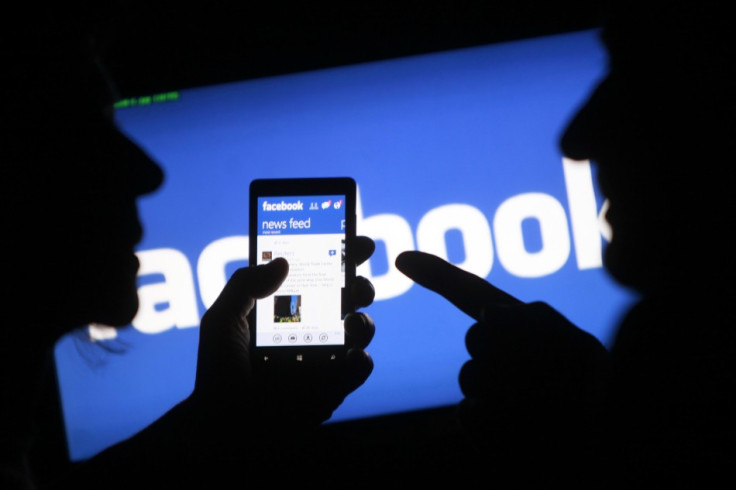Facebook Addiction Can Cause Delusions and Psychotic Bouts, Say Scientists

Researchers from Tel Aviv University in Israel have revealed that social networking sites like Facebook can have a great deal of negative influence on the user's mental health.
The researchers have linked psychotic episodes in patients to internet addiction and delusions caused as a result of virtual relationships cultivated on social networking sites.
For the study, the researchers studied three patients who were involved in intense virtual relationships, in order to escape loneliness. All the participants had a common underlying problem of loneliness but none of them were drug abusers or had any history of psychosis.
"As internet access becomes increasingly widespread, so do related psychopathologies," said lead researcher Dr Uri Nitzan of Tel Aviv University's Sackler Faculty of Medicine and the Shalvata Mental Health Care Centre.
The study suggested that though the virtual relationships did bring solace to the patients initially, feelings of hurt, betrayal and invasion of privacy soon followed.
"In each case, a connection was found between the gradual development and exacerbation of psychotic symptoms, including delusions, anxiety, confusion, and intensified use of computer communications. The good news is that all of the patients, who willingly sought out treatment on their own, were able to make a full recovery with proper treatment and care," Nitzan said according to a report in Mail Online.
A 2012 study by University of Gothenburg researchers concluded that while women on average spent 81 minutes per day on Facebook, men spent 64 minutes. The study also found that the poorly educated were most likely to be addicted to the site.
Nitzan added that patients were experiencing delusions brought on by the person behind the screen and their connection through the computer. Two patients also felt vulnerable because of the personal information they shared with a stranger, while hallucinating that the person on the other side of the screen was physically touching them.
"Some of the problematic features of the internet relate to issues of geographical and spatial distortion, the absence of non-verbal cues, and the tendency to idealise the person with whom someone is communicating, becoming intimate without ever meeting face-to-face," Nitzan added.
Nitzan also warned doctors not to underestimate the internet's influence on patients while speaking to them.
"How people conduct themselves on the internet is quite important to psychiatrists, who shouldn't ignore this dimension of their patients' behaviour patterns," Nitzan said.
He said that being too much in touch with the virtual world can "contribute to a patient's break with reality," subsequently leading to a psychotic state.
The paper was published in the Israel Journal of Psychiatry and Related Sciences.
The authors now plan to study features and applications on Facebook that may harm patients or those around them.
This is not the first time that researchers have pointed out the ill effects of overindulging in social networking sites. Drawing a line between healthy social networking and being addicted to it has been an ongoing debate for years.
Last month, a study by researchers at University of Winchester concluded that "addicts" of Facebook and micro-blogging site Twitter faced withdrawal symptoms when they were denied access to their accounts for four weeks.
Another study by German scientists concluded that one in every three Facebook user experiences feelings of jealousy and envy after spending time on the site.
© Copyright IBTimes 2025. All rights reserved.





















